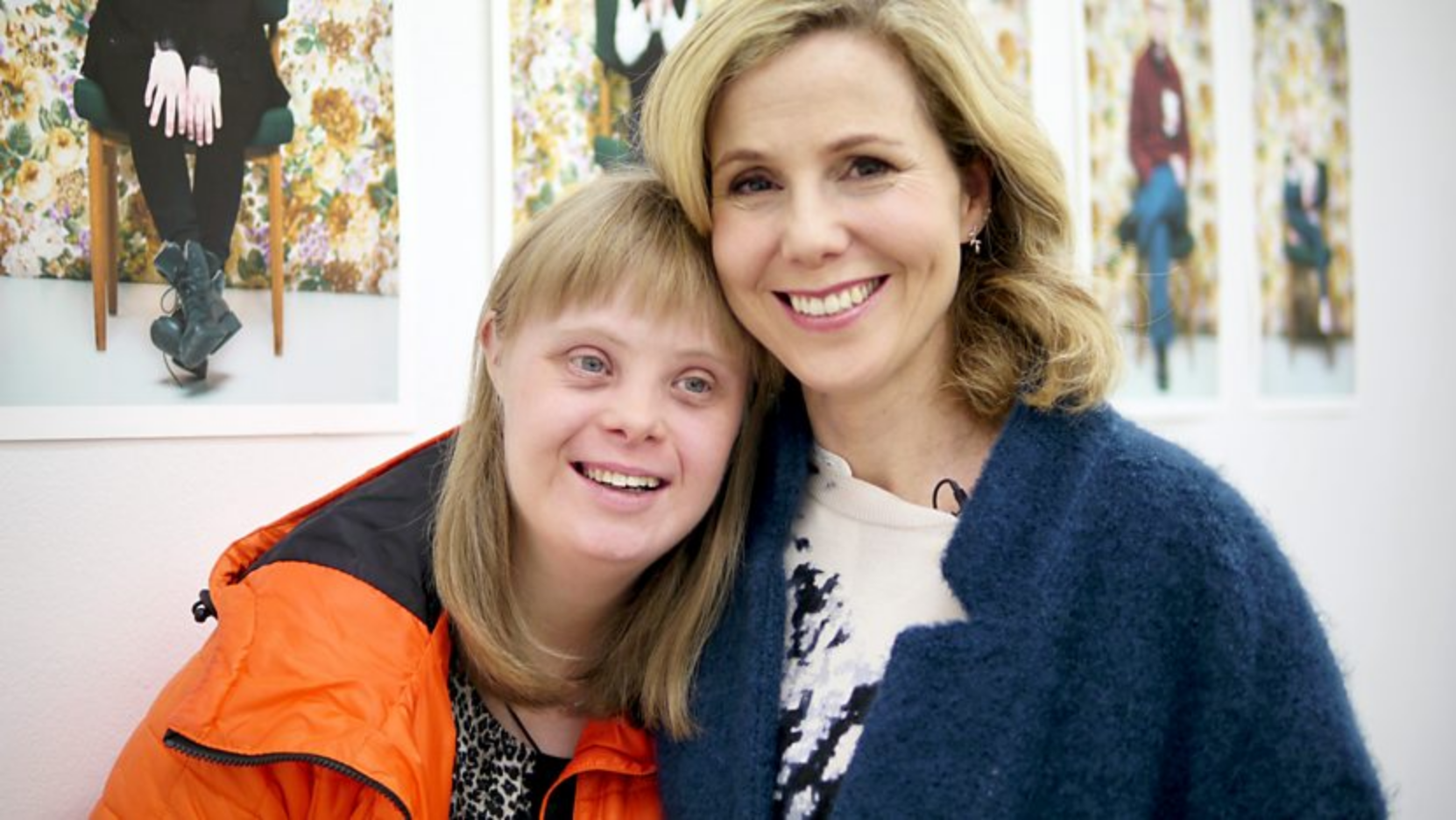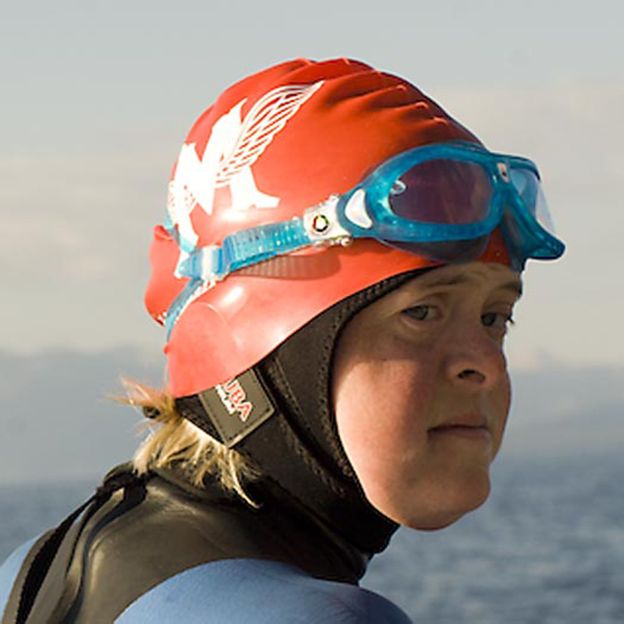To research one of my ideas for a SciArt project, I watched the BBC documentary A World Without Downs Syndrome?
In the documentary Sally Phillips is motivated by her positive experience of having a son with Downs Syndrome to explore the ethics behind the national policy to screen pregnancies for the condition. Recent improvements in the accuracy and safety of the screening test have brought it into debate, with Phillips questioning: what sort of world do we want to live in and who do we want in it?
Through the course of the documentary, Phillips speaks with experts in the NHS, some of the world’s leading genetic scientists, activists who support the right of people with Downs Syndrome to live, including some people with the condition themselves or who have a family member with the condition, and even a woman who chose to terminate a Downs Syndrome pregnancy.
A repeated theme of the speakers in the documentary is that the medical diagnosis is intended to offer impartial knowledge only, which the mothers-to-be can then seek advice for how to act on. The test itself is purported to be neutral. However, the documentary shows that this ideal isn’t the case. We exist in a world where there is very little representation of people with Downs Syndrome, fear and prejudice against people with learning disabilities is still prevalent, and the NHS isn’t equipped to properly support the women who’s pregnancy’s receive the diagnosis.
The documentary also reports from Iceland, where the same test that is now being introduced in the UK has already led to the situation of 100% of Downs Syndrome-identified pregnancies being terminated.
Towards the end of the documentary the point is made that soon we will have the technology to screen for all kinds of ‘undesirable’ genetic traits. From there, it’s a not-so-distant step to a sci-fi world of ‘designer’ babies. The documentary asks us to consider our own less-desirable traits: Do you wear glasses? Have wonky teeth? Put on weight easily? In the future, you might not even be born.
By interviewing people with Downs Syndrome who are very articulate about their lives, as well as showing Paralympic success and the educational potential of people with Downs Syndrome, the documentary appears to seek to conclude that the problem isn’t the people with Downs Syndrome themselves, it’s the barriers that they face in an non-inclusive society. This is exemplified by ‘the social model’ of disability, where disability does not mean impairment, but instead refers to physical, institutional and attitudinal barriers that prevent disabled people from having the same access and rights as non-disabled peopled. There are no right or wrong bodies, but only one kind of body was considered when we designed our world, thus people are ‘disabled’ by society.
There was a time when people like me were institutionalised. When I was born, the doctor predicted that I would be lucky to be able to tie my own shoes or write my own name – he forgot to mention the part about me swimming the English Channel – Karen Gaffney, an American woman with Down’s syndrome, taken from her TED talk on why her life matters
There are some criticisms of the documentary, namely that it is too editorial and that Phillips is in the financial position to support a child with additional needs where many people are not. I understand these criticisms, although I don’t necessarily agree with them. A range of perspectives are shown throughout, and although the tone is weighted towards the right of disabled people to live, why shouldn’t it be?! The question of ‘what is our world like and how would we like it to be?’ is a very pressing one. I don’t agree that scientific developments are impartial, since they are in constant negotiation with, and viewed through the lens of, the society and culture in which they exist.
I do agree, however, that the film could have put greater focus on the failings of the NHS (due to an unsupportive government) to provide proper advice and support to expecting parents. The critique of the lack of inclusion and representation of diversity in our society could also have been stronger.
References:
BBC (2016) A world without down’s syndrome? – BBC Two. [Online] Available at: http://www.bbc.co.uk/iplayer/episode/b07ycbj5/a-world-without-downs-syndrome [Accessed: 16 November 2016].
Gee, A. (2016) A world without down’s syndrome? [Online] Available at: http://www.bbc.co.uk/news/magazine-37500189 [Accessed: 16 November 2016].

